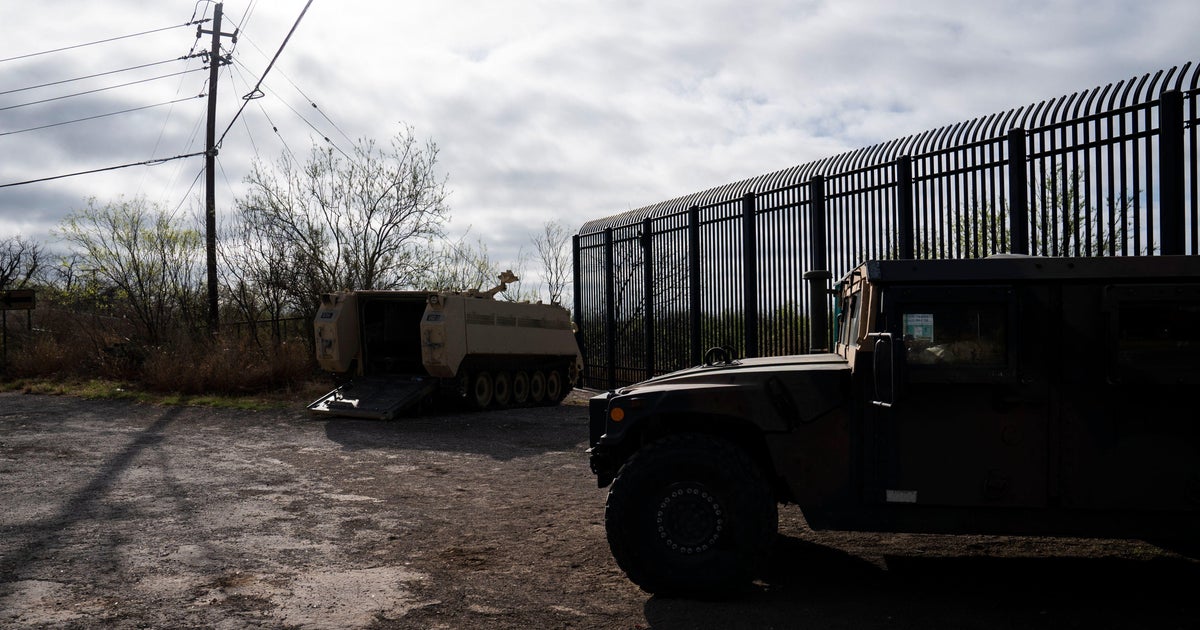State of the Union: President Trump calls out North Korean offenses
During his State of the Union address Tuesday night, President Trump addressed ongoing tensions with North Korea. Mr. Trump called out a guest, Ji Seong-ho, who escaped North Korea, and Otto Warmbier, an American college student who fell into a coma while in custody in that country.
Otto Warmbier's parents attended the State of the Union as guests. Warmbier was detained in North Korea for than a year for allegedly stealing a poster. He died shortly after being released to the U.S.
"No regime has oppressed its own citizens more totally or brutally than the cruel dictatorship in North Korea," Mr. Trump said. "North Korea's reckless pursuit of nuclear missiles could very soon threaten our homeland. We are waging a campaign of maximum pressure to prevent that from happening."
North Korea has denied that Warmbier was tortured. A coroner could not determine what led to the brain damage that eventually killed the 22-year-old college student.
Besides Warmbier's parents, Mr. Trump also spoke about Ji Seong-ho's story.
"One day, he tried to steal coal from a railroad car to barter for a few scraps of food," Mr. Trump said. "In the process, he passed out on the train tracks, exhausted from hunger. He woke up as a train ran over his limbs. He then endured multiple amputations without anything to dull the pain."
"Later, he was tortured by North Korean authorities after returning from a brief visit to China. His tormentors wanted to know if he had met any Christians. He had - and he resolved after that to be free."
The president went on to explain that Ji traveled thousands of miles on crutches, across China and Southeast Asia to reach freedom. Now, Mr. Trump said, Ji lives in Seoul, where he rescues other defectors.
Ji stood, with his crutches, receiving an enthusiastic standing ovation.
The speech comes after CIA Director Mike Pompeo warned Monday that North Korea could have a nuclear weapon capable of striking the United States within "a handful of months." But Pompeo lauded President Trump's "language" in confronting the threat and said Kim Jong Un "understands the message" coming from Washington as he never has before.
Pompeo's remarks also come just weeks before the Winter Olympics kick off in South Korea -- an Olympic games that have become almost as much about diplomacy as they are about sports. After a year of soaring rhetoric and threats hurled between North Korea and the U.S., South Korea's most vital security partner, the peninsular neighbors have struck up a direct dialogue and agreed to cooperate in some aspects of the Olympics in the southern city of Pyeongchang.





